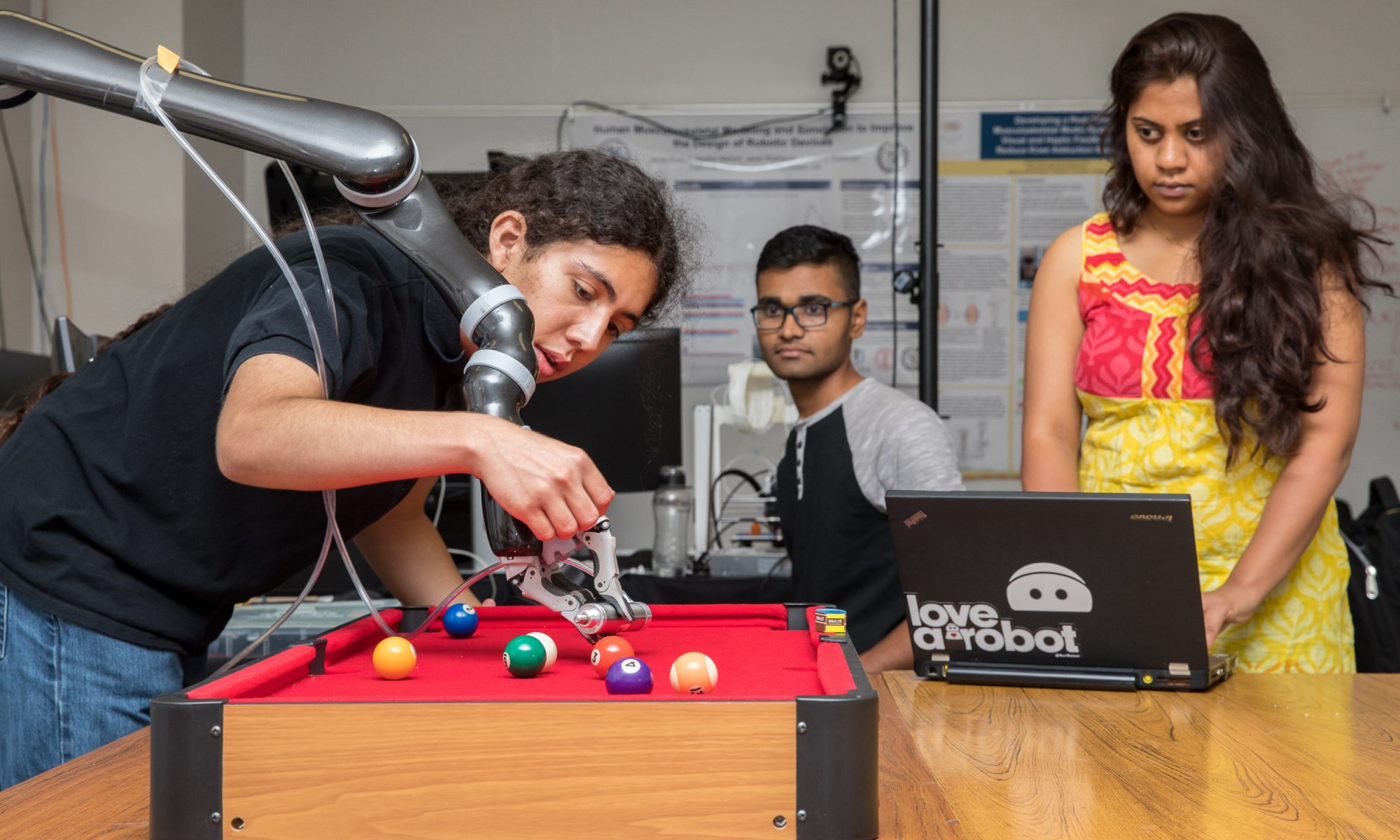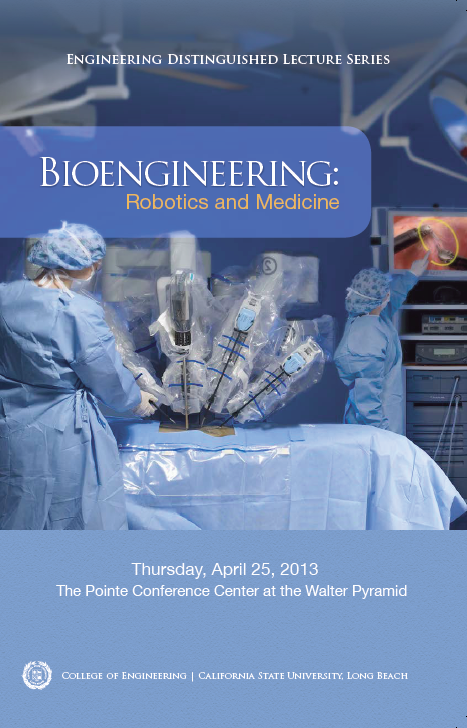Over the past century, engineering has made numerous fundamental contribution to the field of medicine. From the most prosaic forms of engineering like sewer and water sanitation, to chemical engineering processes to produce drugs like penicillin in economical form, and now with medical applications of robotics, engineering has been crucial is increasing human life expectancy. Nowadays robots and automated devices are applied in many diverse forms such as replacing a missing limb, performing a very delicate surgery, delivering rehabilitation therapy like neurorehabilitation for stroke patients, and assisting with learning disabilities.
Modern applications of robotics in medicine are more diverse than ever before. Beside surgery and rehabilitation therapy, these devices are used for medical training, prosthetics, and assisting the aging population and persons with disabilities. Future likely applications of medical robots will be to perform tasks that are otherwise impossible, such as enabling new microsurgery procedures by providing high-dexterity access to small anatomical structures, and integrating high precision imaging into the OR.


